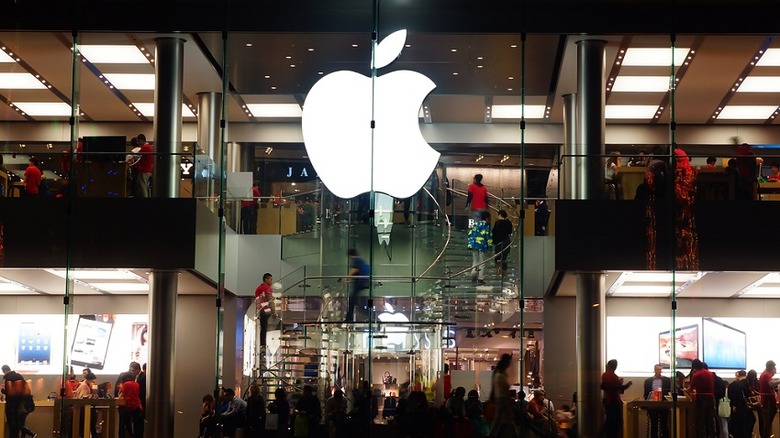Apple And Qualcomm Reach Unlikely Settlement Agreement
In a seemingly unlikely turn of events, Apple and Qualcomm earlier today settled their ongoing legal dispute, according to a press release from both companies. The settlement comes just one day after a jury was selected to decide upon what was sure to be a blockbuster anti-trust trial that would have likely dragged on for quite some time.
Per the press release, both companies agreed to "dismiss all litigation" in all jurisdictions across the globe. Further, the settlement agreement "includes a payment from Apple to Qualcomm," though a specific figure was not disclosed. And lastly, both companies "reached a six-year license agreement, effective as of April 1, 2019, including a two-year option to extend, and a multiyear chipset supply agreement."
If you recall, the core of the dispute between the two tech behemoths centered on iPhone royalty payments. Whereas Qualcomm wanted to charge Apple a royalty rate based on the overall cost of each device sold, Apple maintained that this approach was unfair.
In a statement on the matter from two years ago, Apple explained its position as follows:
For many years Qualcomm has unfairly insisted on charging royalties for technologies they have nothing to do with. The more Apple innovates with unique features such as TouchID, advanced displays, and cameras, to name just a few, the more money Qualcomm collects for no reason and the more expensive it becomes for Apple to fund these innovations. Qualcomm built its business on older, legacy, standards but reinforces its dominance through exclusionary tactics and excessive royalties. Despite being just one of over a dozen companies who contributed to basic cellular standards, Qualcomm insists on charging Apple at least five times more in payments than all the other cellular patent licensors we have agreements with combined.
The ramifications for the settlement are momentous in light of the impending roll out of 5G and Qualcomm's status as the foremost supplier of 5G modems. While it's no big revelation that Apple's 2019 iPhone lineup will not include support for 5G, there have been rumblings that Intel might struggle to meet 5G modem production at the scale Apple needs. In short, Apple's negotiating position wasn't necessarily as strong as it may have seemed initially. With Apple and Qualcomm no reaching a settlement agreement, there should now be no doubt that Apple's 2020 iPhone lineup will boast support for 5G networking technologies.
